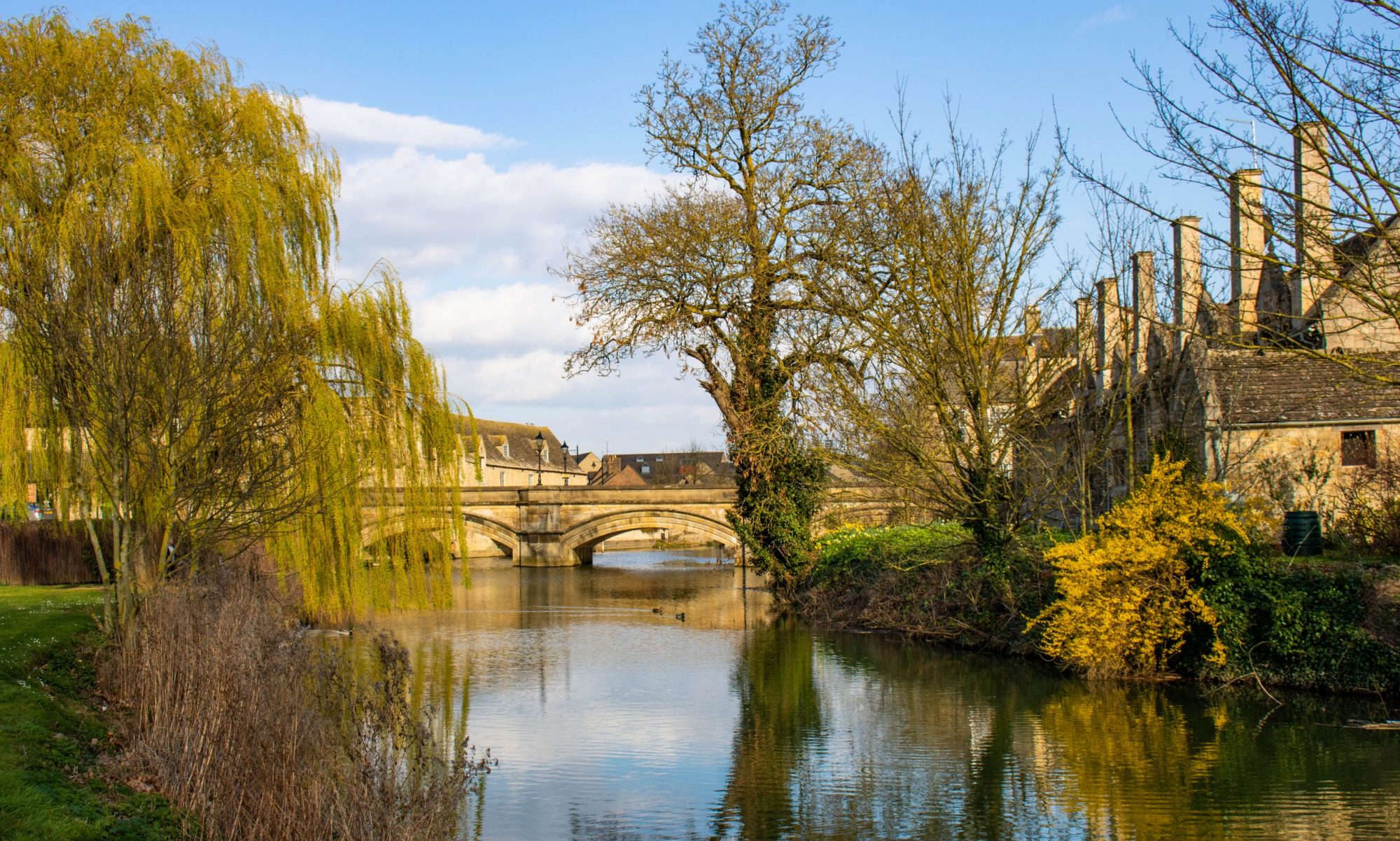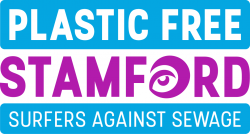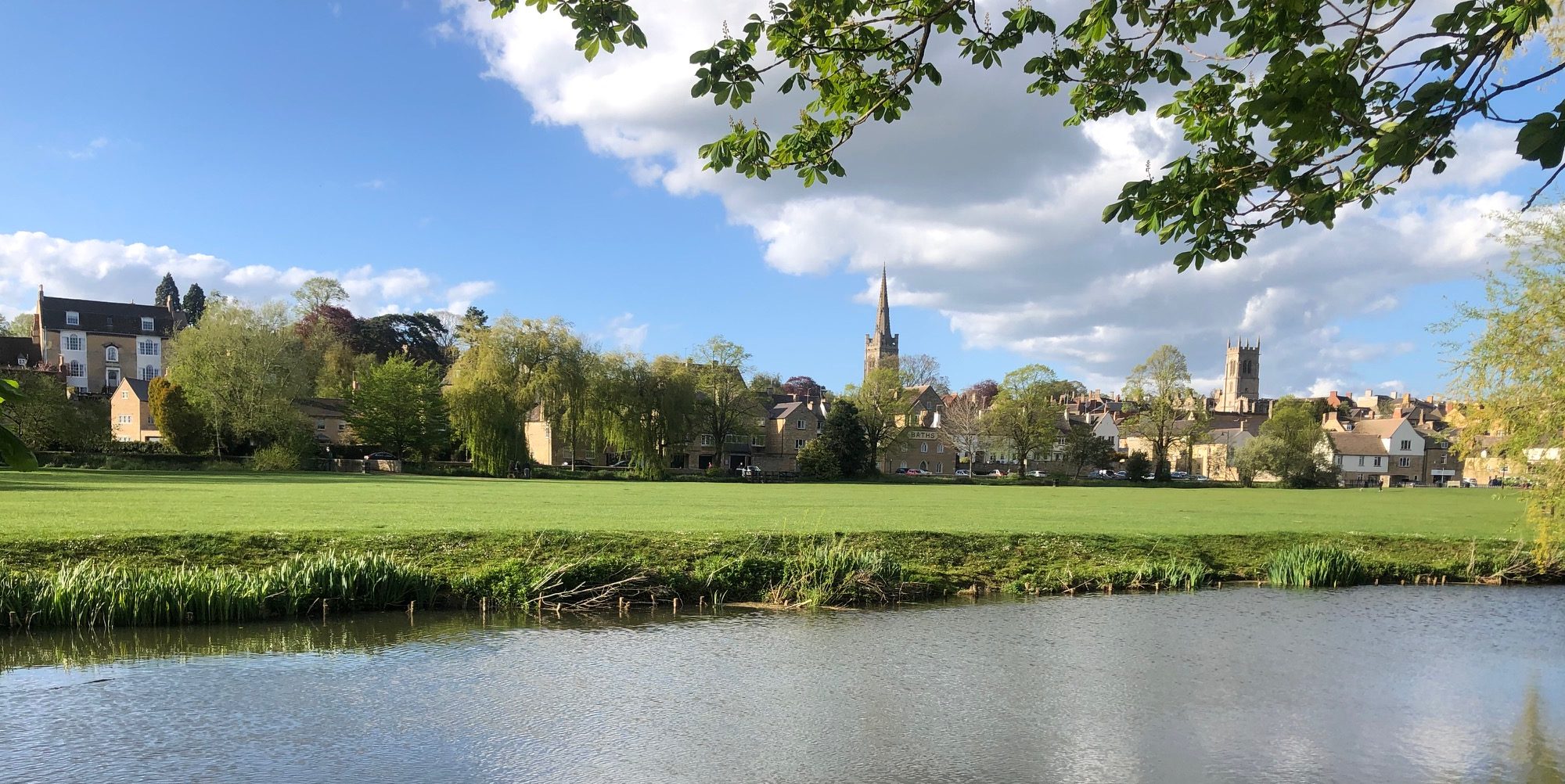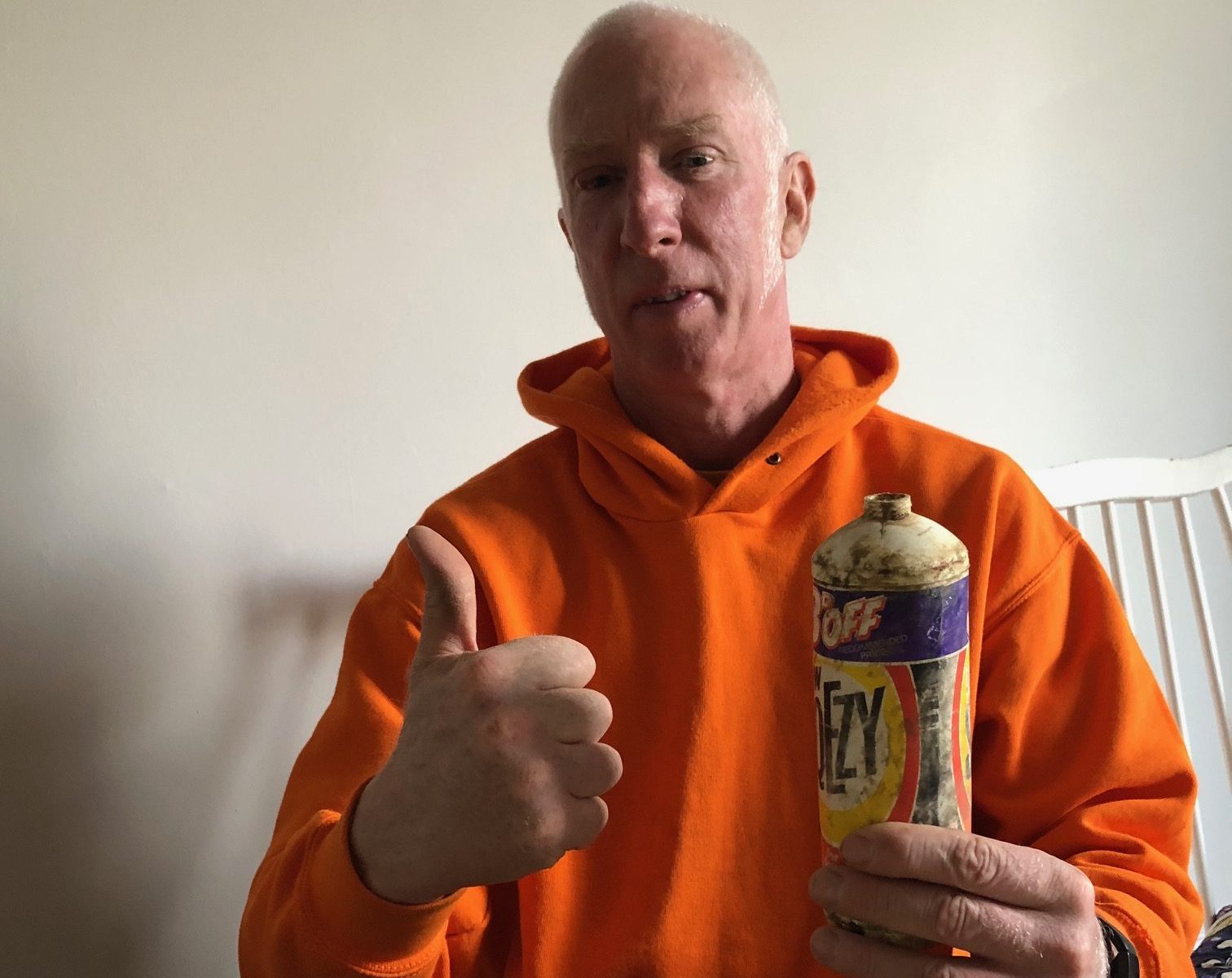Blind corners: the litter pickers’ nemesis
Neil McIvor set up Pride of Stamford litter pickers over six years ago and it’s safe to say that in that time he’s learnt a thing or two about what makes Brits toss their rubbish. With much of the litter comprising single use plastic – water bottles, coffee cups, sandwich packs – Plastic Free Stamford caught up with him to find out more.
“Blind corners are the worst. You find the most litter on the blind corners because [drivers] know that no one can see them in either direction. They wind down their window, they’re looking in their mirror and they know no one can see them…..Boom! Out it goes.”
Neil also highlights disused and unloved areas of town – those little corners that are overgrown that we all just turn a blind eye to. They too become litter hotspots.
“Ivy for example attracts litter,” he explains. “Where do people leave their litter? They shove it in the ivy or the overgrown bushes where they think no one can see it.” And this is why Neil has his sites on clearing up these unloved spaces with his latest initiative, Team Stamford.
“Behind that grot spot is something beautiful”
Using his skills and materials from his day job along with a crack team of volunteers, Team Stamford go to the disused parts of town and derelict buildings, grot spots as Neil calls them, to tidy them up.
Most recently they cleared the verges up on North Street and planted swathes of wildflower seeds – excitingly, the shoots are just starting to show. While another project saw them clear the bank of the Welland at the cattle market car park, opposite the meadows – the photo above is the view from the bench. For over 20 years it has been left unattended and unloved. Now, with some hard graft, the team has opened up the space so that you can see the beautiful trees. They’ve also installed a hand made cherry wood bench encouraging people to sit for a moment and appreciate one of the best views of Stamford.
By clearing overgrown patches of scrub land, Team Stamford are creating new local beauty spots and if something looks pretty, people are less likely to treat it badly. They respect it more.
“The aim is to clear up grot spots. You may not see them, you may just walk past but behind that grot spot is something beautiful, something fantastic, amazing. And if you clean it up, make it look nice, people are less likely to leave their rubbish there.”
“People who didn’t litter before, will now litter”
But he believes that the pandemic has made his job far harder as it has lead to a huge rise in the number of people willing to litter.
“What we have found is that living with these more stringent rules, people who didn’t litter before, do now litter. It starts with fly tipping. People who didn’t used to fly tip will now fly tip – they wouldn’t break the rules in normal times but with all the new restrictions people have started to care less about playing by the rules and just toss things anywhere.”
That, coupled with the fact that recycling centres were harder to access, meant people were increasingly heading out to the country lanes to get rid of their rubbish.
“And this then quickly turns to day to day littering,” explains Neil. “That plastic crisp packet – where before they might have put it in the bin, now it just goes on the floor. It’s a slippery slope.”
“People should have pride in Stamford”
But Neil does at least have rave reviews for our local council, SKDC. “If I find a fly tip, I can take a photo and send it to them, within just a few hours it’s gone. We have a really good relationship with them. Many other litter picking groups elsewhere around the country don’t have this, so we’re lucky.”
“People should have pride in Stamford. All little towns should have pride in their own areas. Everyone should have pride in their own surroundings and everyone should be responsible for their own surroundings. I want to keep the town looking beautiful, keep the punters rolling in and keep everyone happy,” Neil explains. “I love the history. I love the ambience. I love the flowers. I’ve billed myself as the Stamford caretaker. No one does the job. No one mediates between all the agencies. SKDC, town council, Stamford in bloom, Shop Stamford. I could do it.” Surely, this is a no brainer. Neil gets my vote every time.




